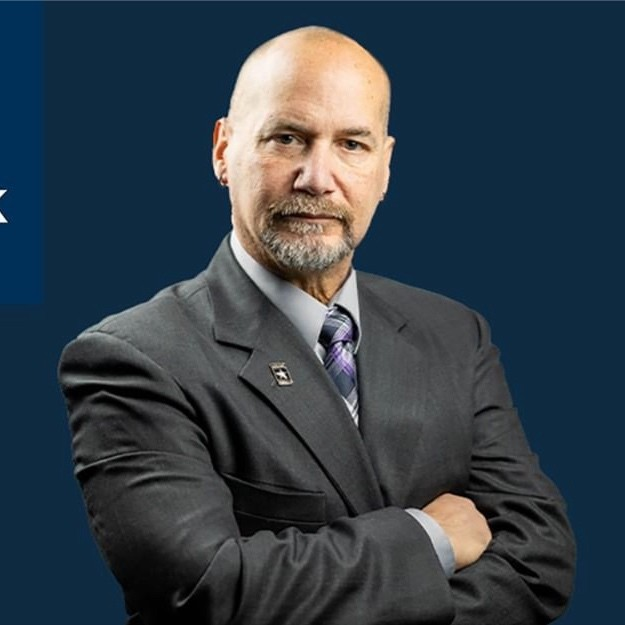
Leaders cannot command trust; they can only build it through what they say and do and how they act, speak, and behave towards others. A sincere leader keeps their word and cares about the people they lead – building trust from the top down and throughout their organizations. In the case of an authentic leader, the deed reinforces the credibility of the word. Their behavior clears up the ambiguity and answers what to do when it gets challenging.
When leaders are called upon to deliver bad news or be challenged in their role, this is the time that the stakeholders and the wider community will be harshest. Every communication and subsequent action will either entrench that roll-of-the-dice approach or build a belief in you and what you must deliver. So, what should leaders do? They should focus on deep and frank communication. What is happening? Why is this decision being made? What is this complexity, and how are we so optimistic we can pull through? Can you take a step back and praise and appreciate the team’s work?
At least as necessary is listening and asking for input, which good leaders also do, demonstrating the theory that the output must be sought to be delivered. In listening, the leader shows respect, identification with, and empathy for the employee, as well as building connections and learning about the employee’s perspective, issues, and needs. The employee’s sense of ownership, commitment, and trust is embedded in the listening quotient (Brown & Treviño, 2021).
In sum, empirical evidence supports the critical role that trust-based leadership can play in times of crisis. Leaders’ trustworthiness significantly predicts the performance of their organizations at large and with strength under unfavorable circumstances. For example, a study found that leaders’ general trustworthiness robustly predicted collective performance across diverse organizations, especially under volatile conditions. Because of the trust-based bonds that they create with employees, leaders can elicit more significant collective effort from their teams, keep them motivated, and direct their energy towards resilient performance despite adversity. Trust also means that employees will be more likely to initiate inventive solutions and take more risks.
“Good leaders lead from the front, great leaders lead from the crowd, exceptional leaders lead from the heart.”
Leaders must conduct themselves trustworthy and periodically check in with their people to see and respond to their shifting needs. If leaders believe that trust will stand on its own, they might find that the soil for the trust that they relied on has been washed away.
